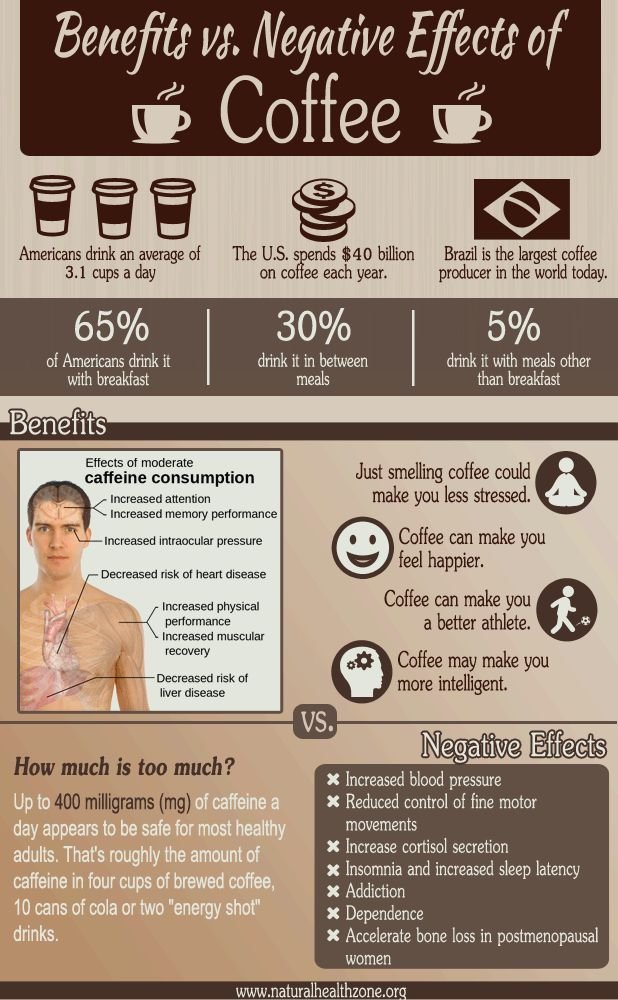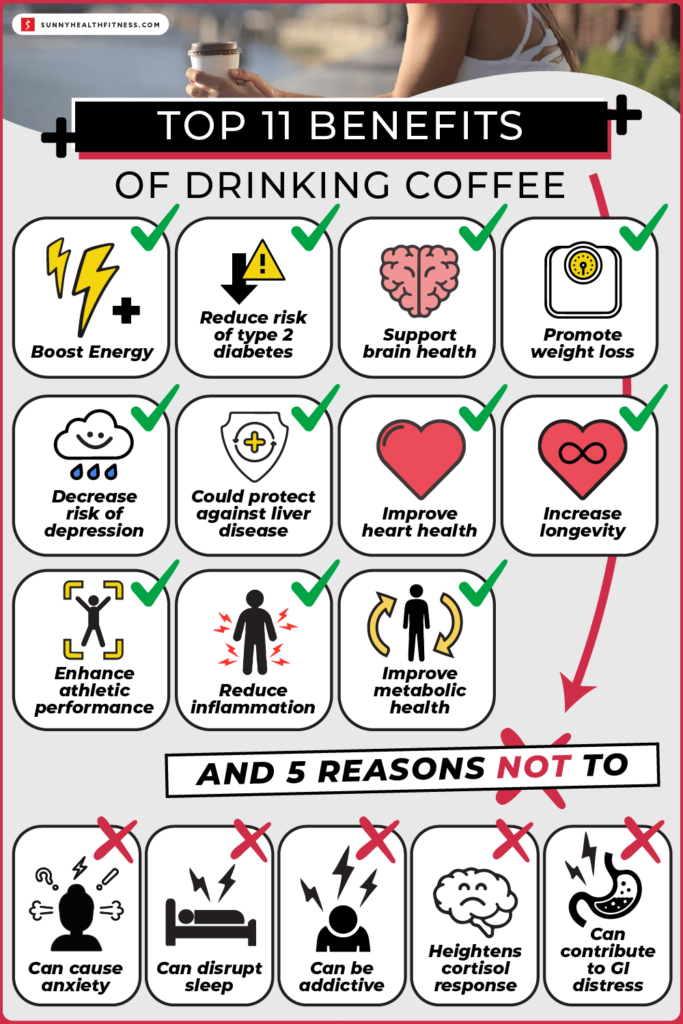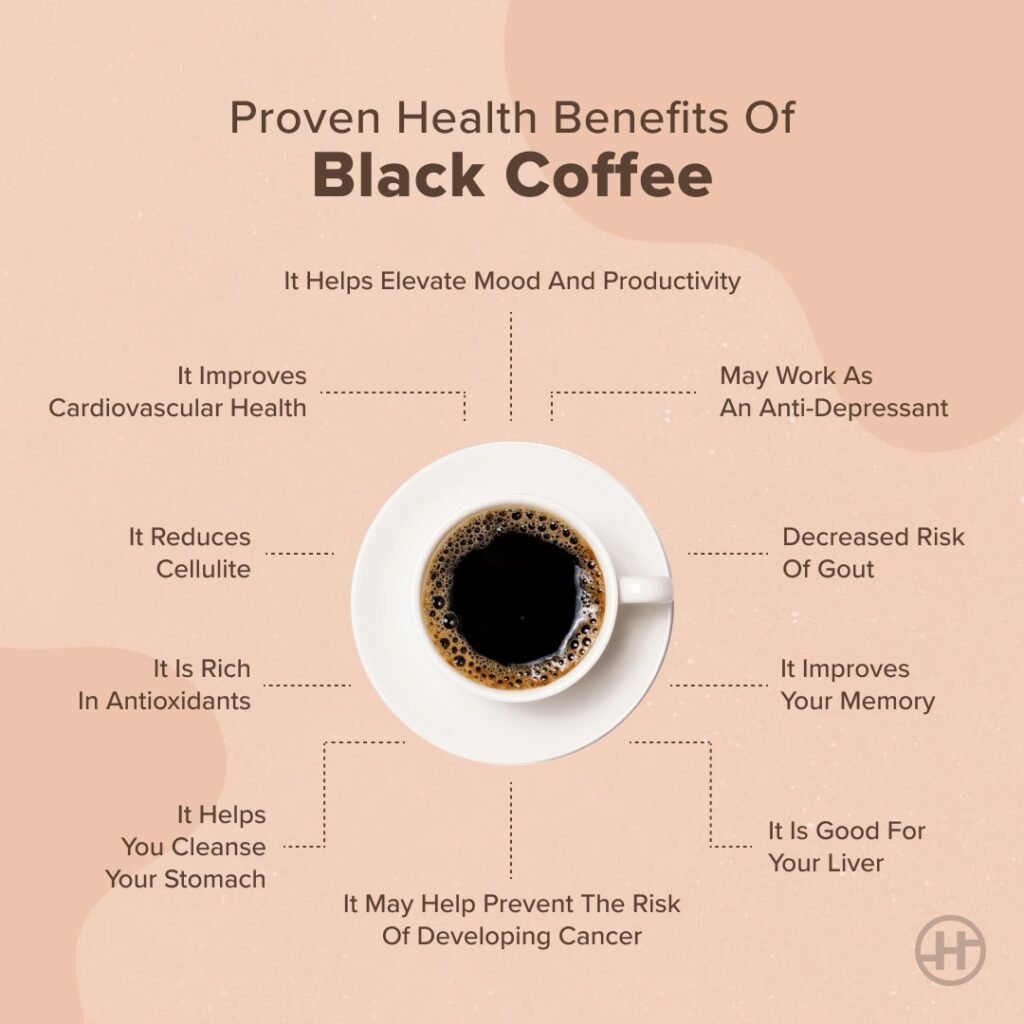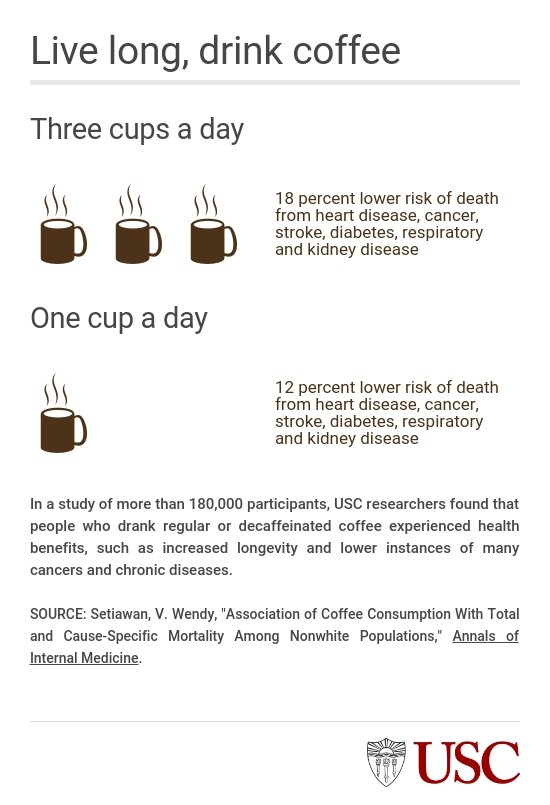Have you ever wondered if there are benefits to not drinking coffee? Coffee is one of the most popular beverages consumed worldwide. Many people rely on it to jumpstart their day or keep them awake during long hours. However, it’s worth considering what happens when you cut out coffee altogether. This article delves into the myriad benefits of not drinking coffee and provides insights into how your life and health could improve.
Understanding Coffee Consumption
Before diving into the benefits of not drinking coffee, it’s important to understand why so many people are hooked on it. Coffee contains caffeine, a natural stimulant known for its ability to enhance alertness and provide a quick burst of energy. While these effects can be beneficial, they can also come with a range of drawbacks.
Caffeine Dependence
One of the main issues with coffee consumption is caffeine dependence. Regular intake can lead to a physical dependence, causing you to need increasing amounts to achieve the same effect. This can lead to withdrawal symptoms such as headaches, irritability, and fatigue when you don’t get your daily dose.
Impact on Sleep
Caffeine can interfere with your sleep patterns. It takes around six hours for just half of the caffeine in your system to be eliminated, meaning that an afternoon cup can still be affecting you at night. This can lead to poor sleep quality and disturb your circadian rhythm.
Economic Cost
Let’s not forget the economic aspect. A couple of cups of coffee a day can quickly add up, especially if you’re buying from premium coffee shops. The financial savings of cutting out coffee can be substantial over time.
Health Benefits of Not Drinking Coffee
Choosing to cut coffee from your diet can lead to numerous health benefits. Let’s break these down into different categories for easier understanding.
Improved Sleep Quality
When you remove caffeine from your system, you’ll likely notice an improvement in your sleep quality. Better sleep can have a wide range of positive effects on your overall health, including improved mood, more energy, and better cognitive function.
Reduced Anxiety Levels
Caffeine is a stimulant that can increase heart rate and trigger anxiety. By eliminating coffee, you might find that your anxiety levels decrease. This can be particularly beneficial for those who struggle with anxiety disorders.
Stabilized Blood Pressure
Consuming coffee can temporarily raise your blood pressure. Those with hypertension or who are at risk of high blood pressure might benefit from eliminating coffee, leading to more stabilized blood pressure levels.
Better Nutrient Absorption
Coffee can hinder the absorption of several essential nutrients such as iron, calcium, and magnesium. Without coffee in your diet, your body can better absorb these nutrients, leading to improved overall health.
Fewer Digestive Issues
Some people find that coffee causes digestive issues like acid reflux, heartburn, and stomach ulcers. Eliminating coffee can help reduce or eliminate these issues.
Enhanced Oral Health
Coffee is notorious for staining teeth, and its acidity can erode enamel over time. Giving up coffee can improve your oral health, leading to a brighter smile and fewer dental issues.

Mental and Emotional Benefits
Beyond the physical health advantages, not drinking coffee can have several mental and emotional benefits.
More Stable Mood
Caffeine can cause fluctuations in your mood due to the highs and lows of its stimulating effects. Without coffee, you might experience a more stable and balanced mood throughout the day.
Enhanced Mental Clarity
While caffeine may provide a quick boost in alertness, it can also lead to crashes. By removing coffee, you might find that you have more sustained mental clarity and focus.
Reduced Risk of Mental Fatigue
Mental fatigue can set in after the initial effects of caffeine wear off. Without relying on coffee, you can achieve a more balanced mental state and reduce the risk of burnout and mental fatigue.
Deeper Emotional Connections
When you’re not relying on coffee to power through conversations and social interactions, you may find it easier to engage more deeply and meaningfully with others. Improved emotional connections can result from being more present and attentive.
Financial and Environmental Benefits
Eliminating coffee from your daily routine does more than just benefit your health; it can also positively impact your wallet and the environment.
Financial Savings
If you typically buy a daily cup of coffee, the cost can add up quickly. For instance:
| Type of Coffee | Average Cost per Cup | Annual Cost (1 cup per day) |
|---|---|---|
| Home-brewed | $0.50 | $182.50 |
| Coffee shop (average) | $3.00 | $1,095.00 |
| Premium coffee shop | $5.00 | $1,825.00 |
By cutting out coffee, you could save anywhere from $182.50 to $1,825.00 annually, depending on your coffee habits.
Reduced Waste
Consider the amount of waste generated by disposable coffee cups, lids, and stirrers. By not drinking coffee, you can significantly reduce your environmental footprint.
Sustainable Choices
Many coffee-growing practices can be harmful to the environment through deforestation and pesticide use. By reducing your coffee consumption, you’re contributing to more sustainable living practices.

Natural Energy Alternatives
If you’re worried about how to maintain your energy levels without coffee, don’t fret. There are plenty of natural alternatives that can provide sustained energy without the crash.
Herbal Teas
Herbal teas like peppermint or ginger can offer a natural energy boost without the caffeine. They can also provide numerous health benefits such as improved digestion and reduced inflammation.
Hydration
Sometimes, a feeling of fatigue is simply due to dehydration. Drinking plenty of water throughout the day can help maintain your energy levels naturally.
Balanced Diet
A balanced diet rich in fruits, vegetables, lean proteins, and whole grains can provide sustained energy. Foods like nuts, seeds, and quinoa are excellent for maintaining high energy levels.
Exercise
Regular physical activity can naturally boost your energy levels. Even a short walk or a few stretches can invigorate you and keep you alert.
Social and Lifestyle Adjustments
Transitioning away from coffee might initially seem challenging due to its social and lifestyle aspects. However, there are ways to adjust that can make the switch smoother and more enjoyable.
Socializing without Coffee
You don’t have to miss out on social interactions just because you’re not drinking coffee. Opt for non-caffeinated beverages like herbal tea or smoothies when meeting friends. This way, you can still enjoy socializing without the negative effects of caffeine.
Morning Routine Changes
Without the need for a coffee fix first thing in the morning, you can create new, healthier morning habits. Consider starting your day with a nutritious breakfast, a quick meditation session, or a light exercise routine to energize yourself.
Mindfulness and Stress Reduction
Practicing mindfulness and stress reduction techniques can help manage the changes in energy and mood that might come with quitting coffee. Meditation, deep breathing exercises, and yoga are great ways to enhance your overall well-being.

How to Transition Away from Coffee
Giving up coffee might not be easy if you’ve been a long-term drinker, but it’s certainly possible with some planning and effort.
Gradual Reduction
Suddenly eliminating coffee can lead to withdrawal symptoms like headaches, irritability, and fatigue. A gradual reduction can make the transition smoother. Start by cutting down your coffee intake slowly over a few weeks.
Switch to Decaf
Decaffeinated coffee can be a helpful intermediary step. It provides the ritual and taste you’re used to without the caffeine.
Stay Hydrated
Staying hydrated can help alleviate some of the withdrawal symptoms. Make sure to drink plenty of water and consider adding electrolytes to your diet.
Seek Support
Consider joining forums or support groups focused on reducing caffeine intake. Sharing your experiences and getting advice from others can make the process easier.
Common Questions About Not Drinking Coffee
Will I Gain Weight if I Stop Drinking Coffee?
Weight gain is not a direct result of stopping coffee. However, make sure you don’t replace your coffee with high-calorie substitutes. Opt for healthy snacks and drinks to maintain your weight.
How Long Does Caffeine Withdrawal Last?
Caffeine withdrawal symptoms typically last between a few days to a couple of weeks. Symptoms lessen over time as your body adjusts.
Can I Still Enjoy Coffee Occasionally?
Absolutely! The goal is not to demonize coffee but to help you understand that moderate or no coffee can lead to numerous benefits. Enjoying an occasional cup won’t offset the advantages you gain from cutting down.

Conclusion
There are numerous benefits to not drinking coffee, ranging from improved physical health to financial savings and enhanced well-being. While the transition may be challenging, the rewards are considerable. By making some lifestyle adjustments and exploring natural energy alternatives, you can thrive without relying on coffee.
Take the time to understand how cutting out coffee works for you and enjoy the surprising perks that come with it. Your body, mind, and wallet will thank you.
